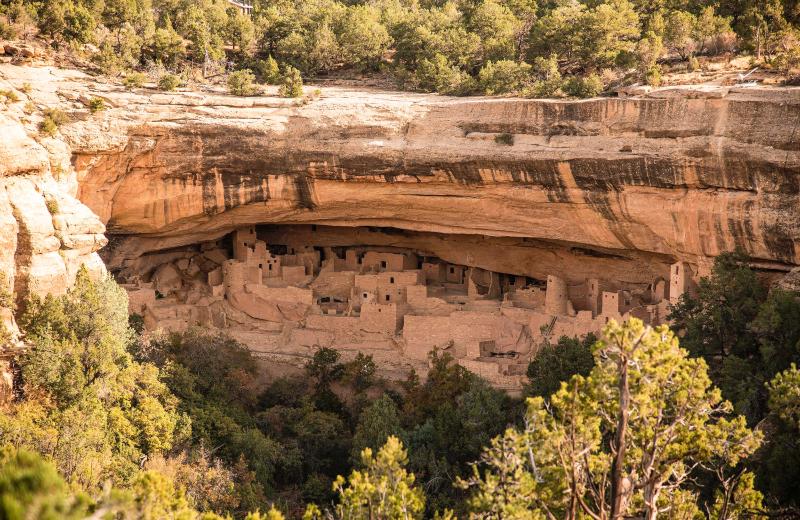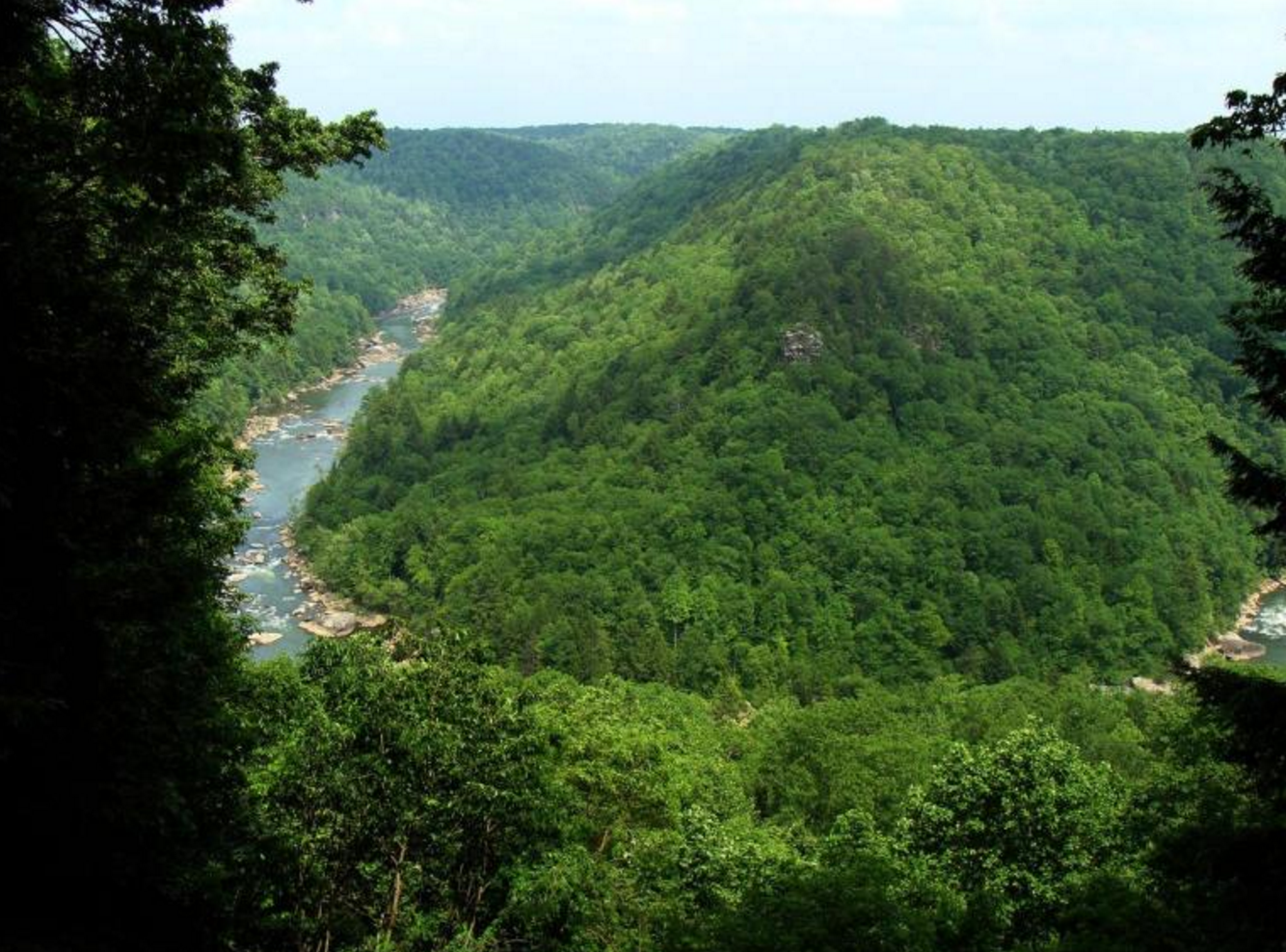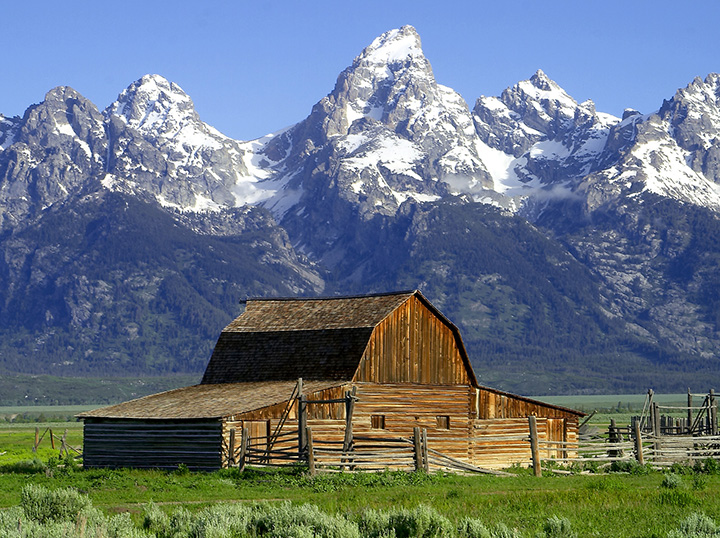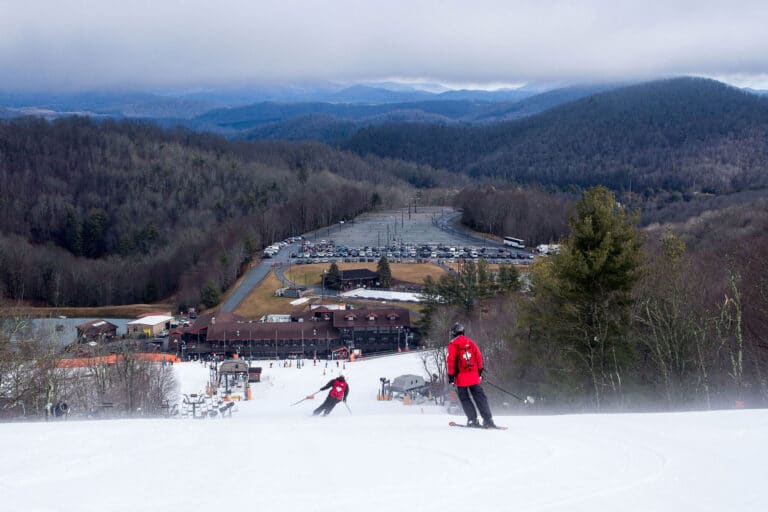It’s been just over a week since Congressman Jason Chaffettz (R) of Utah introduced a bill that seeks to sell off more than 3.3 million acres of public land, and Congress is already at it again.
The newest threat to America’s public land is aimed at the National Park Service (NPS), and takes the form of a joint resolution that would lift crucial drilling restrictions in more than 40 national parks across the country.
Last night, Congressman Paul Gosar (R-Ariz.), introduced H.J. Res. 46 to the 1st session of the 115th Congress. If enacted the bill would roll back NPS safeguards that strictly regulate oil and gas extraction on national parks where the federal government does not own the sub-surface mineral rights.
These national parks are commonly referred to as ‘split estate’ properties, and include such treasured parks as Grand Teton National Park, Mesa Verde National Park, The Gauley River National Recreation Area, New River Gorge National River, Cumberland Gap National Historic Park, and many others.

It’s important to note that extraction activities are already taking place on 12 of the so-called ‘split estate’ parks. That includes one active well in the New River Gorge National Recreation Area, two in the Cumberland Gap National Historic Park, and 284 in the Big South Fork National River and Recreation Area.
But the rule changes proposed in H.J. Res. 46 would transfer the responsibility of regulating extraction out of the hands of NPS and into the hands of individual state governments with minimal requirements for oversight and regulation.
The National Parks Conservation Association (NPCA), a nonpartisan group that works to safeguard America’s national parks, breaks it down like this:
If Congress repeals these rules, drilling could occur in national parks with little more than bare-minimum state regulations. The Park Service will have essentially no authority over oil and gas development proposed inside national parks. Leaks and spills could go unpunished without NPS authority to enforce safety standards. Companies would be able to build roads through national parks to begin drilling, such as the 11-mile road through the heart of Big Cypress National Preserve built to reach an oil and gas lease. Drilling companies would not be required to inform parks or park visitors about when or how drilling operations would occur.

“These challenges are direct attacks on America’s national parks,” said Nicholas Lund, Senior Manager of NPCA. “Each of these rules provides the commonsense protections for national parks that millions of Americans demand. If the Park Service’s drilling rules are repealed, national parks across the country would be subjected to poorly regulated oil and gas drilling, threatening parks’ air, water and wildlife.”
Learn more here.
Have an opinion? Let your legislator know! You can find contact information for your state’s representative here.








